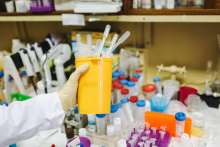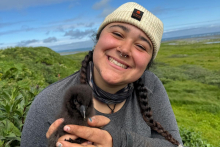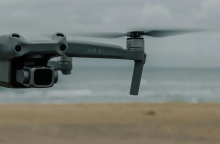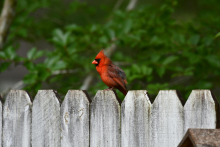Single-use plastics are everywhere—but two McGill University researchers are redefining the norm and championing sustainability.
"Although plastic pollution wasn’t the main focus of our research, safeguarding water bodies is essential to our work, and we knew we had to address the disconnect between our values and laboratory practices."














